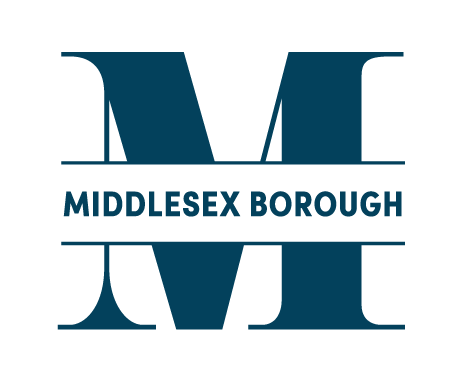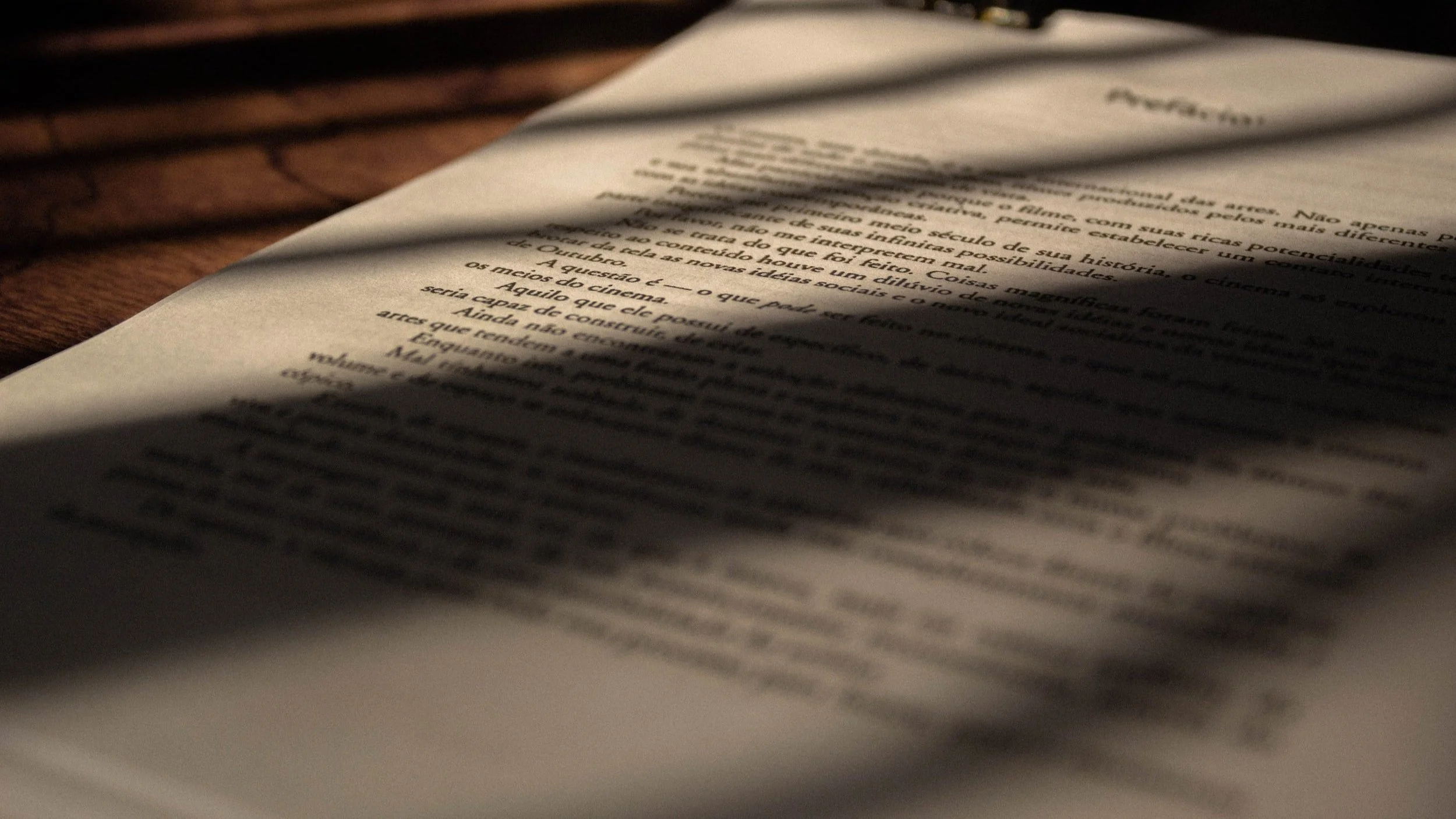Mayor’s Message: Transparency, Part 2 – OPRA (Open Public Records Act)
Originally known as the “Right to Know Law,” this important State statute allows greater public access to government records as a check and balance for citizens who wish to inspect, copy, or examine such documents for whatever purpose may interest them. Personal information and privacy safeguard protections are strictly honored and respected. As a matter of fact, public law dictates that a public agency (a municipality in this case) entrusted with such personal information has a distinct responsibility and obligation to protect said disclosure of a citizen’s reasonable expectation of privacy.
In municipalities, the borough clerk is the custodian of a government record. This process starts out when a citizen (a requestor ) wants to gain access to a government record while invoking the OPRA statute. This law provides a statutory right to access such a document. Thereafter, the custodian is held to a response deadline to produce the document. The response should be no later than seven days providing the document is available. Also, other circumstances may prevail triggering a request by the custodian for an extension. In addition, a records request under OPRA cannot be made verbally.
What constitutes a government record?
Any paper, written or printed book, document, drawing, map, plan, photograph, microfilm, data, or image-processed document, information stored or maintained electronically or by sound recording or any copy thereof that has been made, maintained or kept on file. An important take away is that an OPRA request must be submitted to the public agency that maintains physical custody of the requested record.
If there are fees associated with a request, the custodian will contact the requestor regarding the specific cost and instructions of how to pay the fee.
The custodian may either deny an overly broad or unclear request or seek further clarification of the request. A request for clarification must be in writing by the custodian within seven business days of the receipt of the request. However, the response time stops until the requestor provides a response to the custodian.
What if there is a government document that is “blacked out?”
Under OPRA, some information contained in said document/record may be non-disclosable, in which case should be redacted (such as a social security number or driver’s license, unlisted phone number, etc.) Redaction means editing a record or document to prevent public viewing of material that cannot be lawfully disclosed.
“It is the first responsibility of every citizen to question authority. ”
In the spirit of transparency, I have provided a rudimentary understanding of the OPRA process. This is probably the most efficient method to obtain information of what government is doing. Your participation is crucial in promoting honest government.
I thank you as we welcome spring.
Thank you,
Mayor John L. Madden

